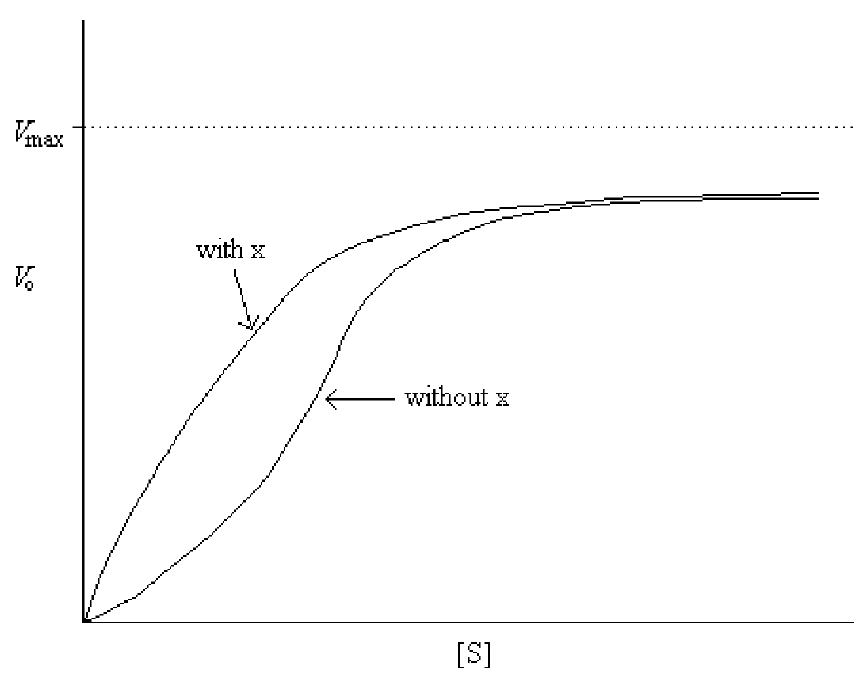#Question id: 9250
#Unit 9. Diversity of Life Forms
Of the following statements about protected areas that have been established to preserve biodiversity, which one is not correct?
#Question id: 9242
#Unit 9. Diversity of Life Forms
Eutrophication is often caused by excess limiting-nutrient runoff from agricultural fields into aquatic ecosystems. This process results in massive algal blooms that eventually die and decompose, ultimately depleting the dissolved oxygen, killing large numbers of fish and other aquatic organisms. Predict which of the following human actions would best address the problem of eutrophication near agricultural areas?
#Question id: 9240
#Unit 9. Diversity of Life Forms
Use the following figure to answer the question.
Looking at the figure, what can you conclude about the data?
#Question id: 9228
#Unit 9. Diversity of Life Forms
Use the following figure to answer the question
Looking at the figure showing the results of forest fragmentation, what can be said about edge effects?
#Question id: 9227
#Unit 9. Diversity of Life Forms
A land developer and several ecologists are discussing how a parcel of private land should be developed with housing while saving 20 hectares as natural habitat. The land developer suggests that the 20 hectares be divided into 20 separate 1-hectare areas, spread out across the area. The ecologists suggest that it would be better to have one intact parcel of 20 hectares on one side of the larger area. What is the significance of these different arrangements of the 20 hectares?
#Question id: 9225
#Unit 9. Diversity of Life Forms
Use the following figure to answer the question
In looking at the species-area plot in the figure, what can be concluded?

